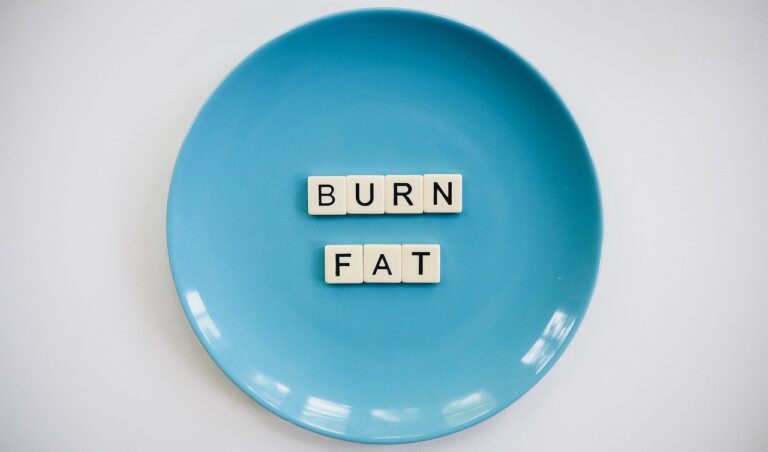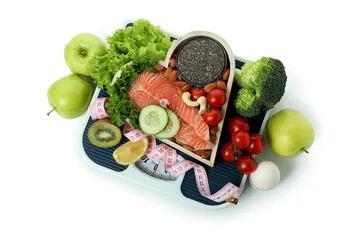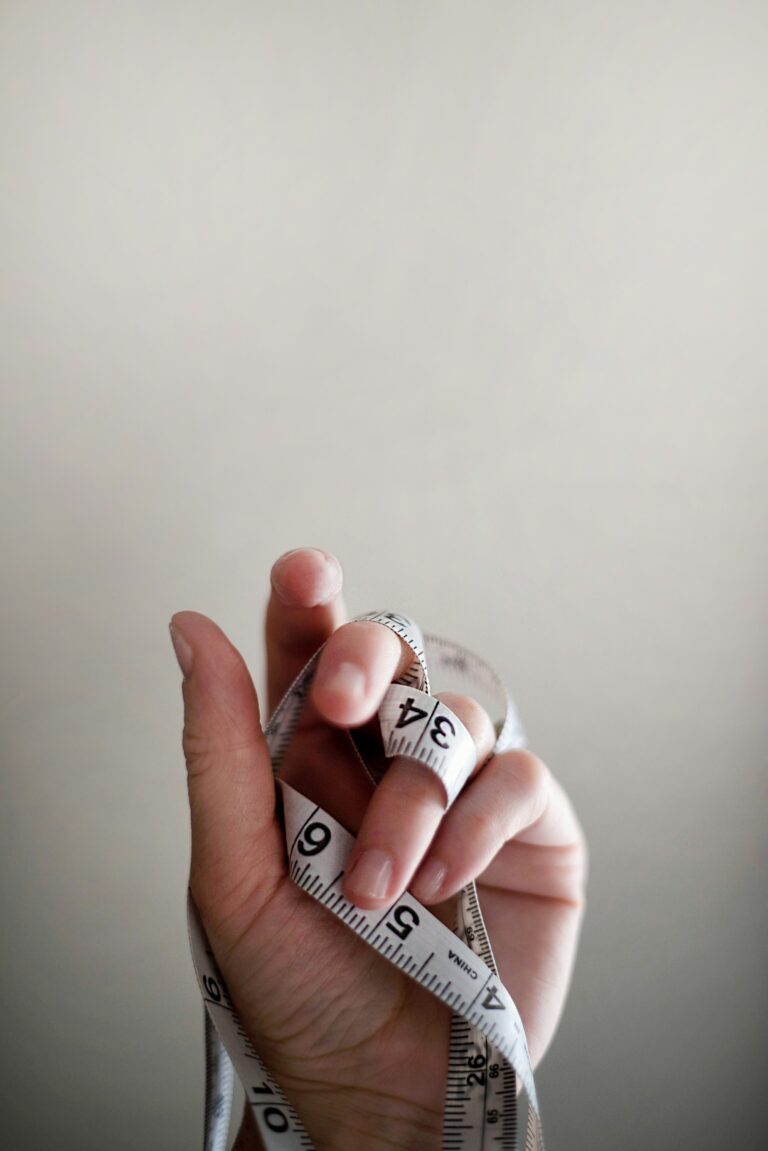In the hustle and bustle of Ramadan, finding the best diet to lose weight in Ramadan can be a game changer for your health journey. At Diet Fit, we understand the importance of nourishing your body while honoring your spiritual commitments.Sehri, the pre-dawn meal, sets the tone for the day ahead, and our diet plan for sehri ensures you start with the right fuel. Meanwhile, breaking your fast mindfully at Iftar with our best diet to lose weight in Ramadan is key to achieving your goals.Many people struggle to maintain a healthy weight or even aim for weight loss in Ramadan. But with the best diet and a few key strategies, you can achieve both spiritual and physical well-being during this holy month.
Why Does Ramadan Pose Challenges for Weight Loss?
Here’s how the change in routine can impact your weight loss goals and why a well-defined diet plan for Ramadan is essential:
- Shifting Eating Patterns:
The transition from regular meals to concentrated fasting windows (Iftar) disrupts your body’s natural rhythm. This can lead to overeating during Iftar, especially if readily available options are sugary or processed foods, hindering progress on your best diet plan for Ramadan.Shifting eating patterns can have a major impact on health and well-being. At Diet Fit, we understand the significance of adapting to new dietary routines, especially during Ramadan. Our expertly crafted diet plan for sehri and best diet in Ramadan accommodate these changes easily, ensuring you maintain energy levels and achieve your weight loss goals. Embracing these shifts in eating patterns empowers you to make positive changes not only during Ramadan but also beyond.
- Dehydration:
Dehydration during fasting hours is a common concern. The body can sometimes misinterpret thirst pangs as hunger, leading to unhealthy food choices later in the day. This can disturb your diet plan for Sehri and your overall weight loss efforts.Dehydration can lead to constipation and disturb digestion, hindering nutrient absorption and impacting your weight loss journey.
- Sugar Cravings:
The sudden decrease in readily available carbohydrates during fasting hours can trigger intense sugar cravings. This is particularly true for those who are addicted to sugary drinks and snacks in the iftar. These cravings can be difficult to resist during Iftar, potentially leading to eating in sugary treats that are not good to your weight loss goals.
IMPORTANCE OF THE CUSTOMIZED DIET PLAN FOR RAMADAN :
It’s essential for your health and well-being. This sacred month demands a delicate balance of spiritual devotion and mindful nourishment, making it crucial to align your dietary choices with your goals and lifestyle. At Diet Fit, we recognize the significance of this balance and offer expert guidance to help you navigate it effectively.
A diet plan for Ramadan isn’t a one size fits all solution. It’s a personalized roadmap tailored to your unique needs, preferences, and cultural practices. Whether you’re aiming to shed pounds, maintain your current weight, or simply optimize your nutrition, a customized Ramadan diet plan can help you achieve your objectives. One of the key benefits of a Ramadan diet plan is its ability to support your physical and mental well-being throughout the fasting period. By strategically selecting nutrient-dense foods that provide sustained energy and essential vitamins and minerals, you can minimize feelings of fatigue and lethargy while maximizing your productivity and focus during the day.
Moreover, a diet plan for sehri is particularly crucial, as it sets the foundation for your fasting hours ahead. Sehri is your opportunity to fuel your body with nourishing foods that will sustain you until Iftar. Our expert nutritionists recommend a balanced meal comprising complex carbohydrates, lean proteins, and healthy fats to keep you feeling satiated and energized throughout the day.
Similarly, breaking your fast mindfully with a well-planned Iftar meal is essential for replenishing your body’s stores and preventing over eating . Our best diet to lose weight in Ramadan emphasizes hydrating foods, lean proteins, and complex carbohydrates to support your weight loss goals without sacrificing taste or satisfaction.
Portion control and mindful eating are also integral components of a tailored Ramadan diet plan. By being mindful of your portion sizes and listening to your body’s hunger and fullness cues, you can avoid unnecessary calorie consumption and maintain a healthy relationship with food throughout the month.
At Diet Fit, we understand that finding the right balance between tradition and modern nutrition can be challenging. That’s why we offer a range of diet plans for Ramadan to suit every taste and lifestyle. Whether you prefer intermittent fasting, Mediterranean inspired meals, or low carb options, our expertly plans provide the flexibility and variety you need to succeed.
Sehri: Your Fuel for the Day :
Sehri, often referred to as the pre-dawn meal, holds immense significance during Ramadan. It serves as the cornerstone of your day, providing essential nourishment to sustain you through the fasting hours ahead. At Diet Fit, we recognize the pivotal role of Sehri in maintaining energy levels and promoting overall well-being during this sacred month.
Crafting a diet plan for Sehri requires careful consideration of nutrient-rich foods that provide sustained energy without causing discomfort during the fasting period. This meal serves as your fuel for the day, setting the tone for your physical and mental performance.
A balanced Sehri diet plan includes a combination of complex carbohydrates, lean proteins, healthy fats, and hydrating fluids. Complex carbohydrates, such as whole grains and oats, release energy slowly, ensuring a steady supply of fuel throughout the fasting hours. Lean proteins, such as eggs or yogurt, help to promote satiety and muscle repair. Incorporating healthy fats from sources like nuts, seeds, or avocado provides additional energy and supports overall health.
When planning your Sehri meal, it’s essential to consider the timing of your fast and the duration until Iftar. Aim to consume your Sehri meal close to the time of Fajr to maximize the benefits of sustained energy and hydration throughout the day.
Sample Sehri meal ideas include:
1. Power-Packed Oats:
- Ingredients:
- ½ cup rolled oats
- 1 cup unsweetened almond milk (or water)
- 1 scoop protein powder (optional)
- ½ sliced banana
- ¼ cup chopped nuts
- Pinch of cinnamon
- Instructions:
- Cook oats in almond milk or water according to package instructions.
- Stir in protein powder and cinnamon.
- Top with sliced banana and chopped nuts for extra flavor, texture, and healthy fats.
2. Savory Scrambled Eggs with Whole Wheat Toast:
- Ingredients:
- 2 eggs
- Chopped vegetables (onions, peppers, spinach)
- A handful of cherry tomatoes
- 1 slice whole-wheat toast
- 1 tsp olive oil
- Salt and pepper to taste
- Instructions:
- Heat olive oil in a pan.
- Saute chopped vegetables until softened.
- Mix eggs with salt and pepper.
- Scramble the eggs in the pan with the vegetables.
- Toast whole-wheat bread while eggs cook.
- Enjoy the scrambled eggs with your toast for a protein-rich start to your day.
3. The Classic Yogurt with Fruit:
- Ingredients:
- 1 cup plain yogurt
- ½ cup berries (fresh or frozen)
- ¼ cup sliced almonds
- 1 tbsp chia seeds (optional)
- Drizzle of honey (optional)
- Instructions:
- Layer yogurt, berries, and almonds in a bowl.
- Sprinkle with chia seeds for added fiber and texture (optional).
- Drizzle with a small amount of honey for extra sweetness
These Sehri meal options are not only nutritious and satisfying but also provide a balanced combination of macronutrients to support your fasting journey.
In addition to choosing the right foods for Sehri, portion control and mindful eating are essential practices to incorporate into your Sehri diet plan.
Iftar: Breaking Your Fast Mindfully:
Here’s how to approach Iftar with mindfulness, ensuring you break your fast in a way that supports your weight loss goals and overall well-being:
Hydrate First:
Dehydration can be a major concern during Ramadan. Before diving into a large meal, prioritize hydration. Drink plenty of water or sugar-free beverages to rehydrate your body and prepare your digestive system for food.
Start Light:
Resist the urge to jump straight into heavy meals. Begin your Iftar with a light, easily digestible option like dates, a bowl of soup, or a salad. This helps ease your digestive system back into operation and prevents overeating later.
Mindful Eating:
Slow down your Iftar meal. Eat mindfully, focusing on the taste and texture of each bite. Put down your utensils after each mouthful and chew thoroughly before taking another. This allows your body to detect satiety signals and prevent overeating.
Conclusion :
By combining a balanced diet with mindful practices and spiritual reflection, you can achieve both weight loss goals and a deeper connection with your faith during Ramadan. Embrace the spirit of this holy month while nourishing your body and soul. DietFit is here to support you on your Ramadan journey. Explore our website for a wealth of resources, including Ramadan-specific recipes, meal plans, and tips for healthy eating throughout the holy month. Let DietFit empower you to reach your wellness goals while embracing the spiritual significance of this holy month.Contact us at +923361855749 OR follow us at dietfit.pk.



